Former Senior Director of Global Innovation at Adobe, Micael Cioni, elaborated on the future of AI filmmaking as he sees it. According to Cioni, the process is inevitable, as AI image generators will take over conventional filmmaking techniques.
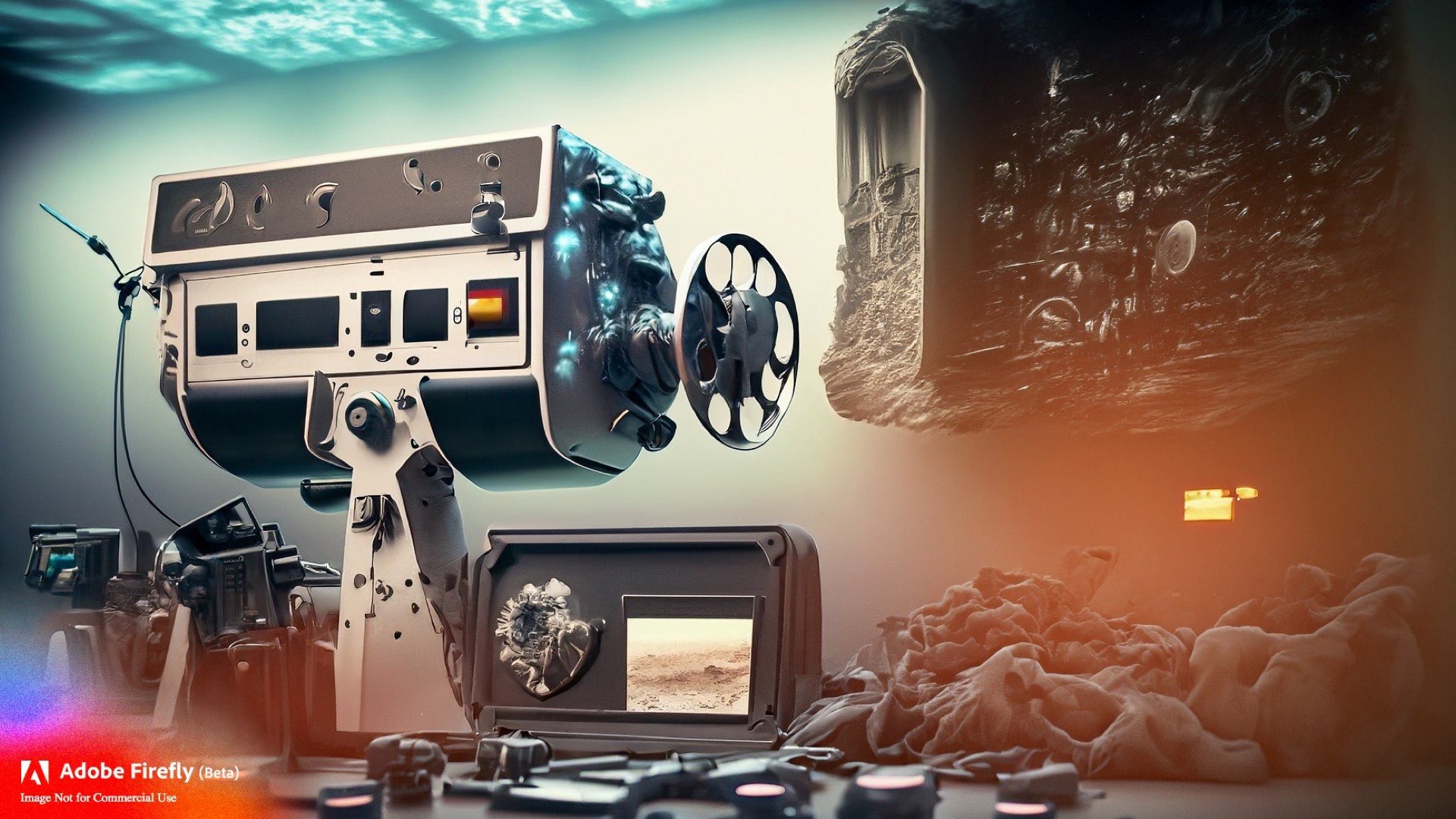
Adobe Firefly: Legislation and legitimization of AI
We can safely say that the elements for legislation and legitimization of AI image generators were established by Adobe Firefly. The featured image in the article was generated via Firefly, which states that “Adobe is committed to promoting transparency around the content generated with AI tools like Adobe Firefly, and Adobe will include Content Credentials with all AI-generated content to let people know it was generated with AI”. What does it mean? It’s a good question!
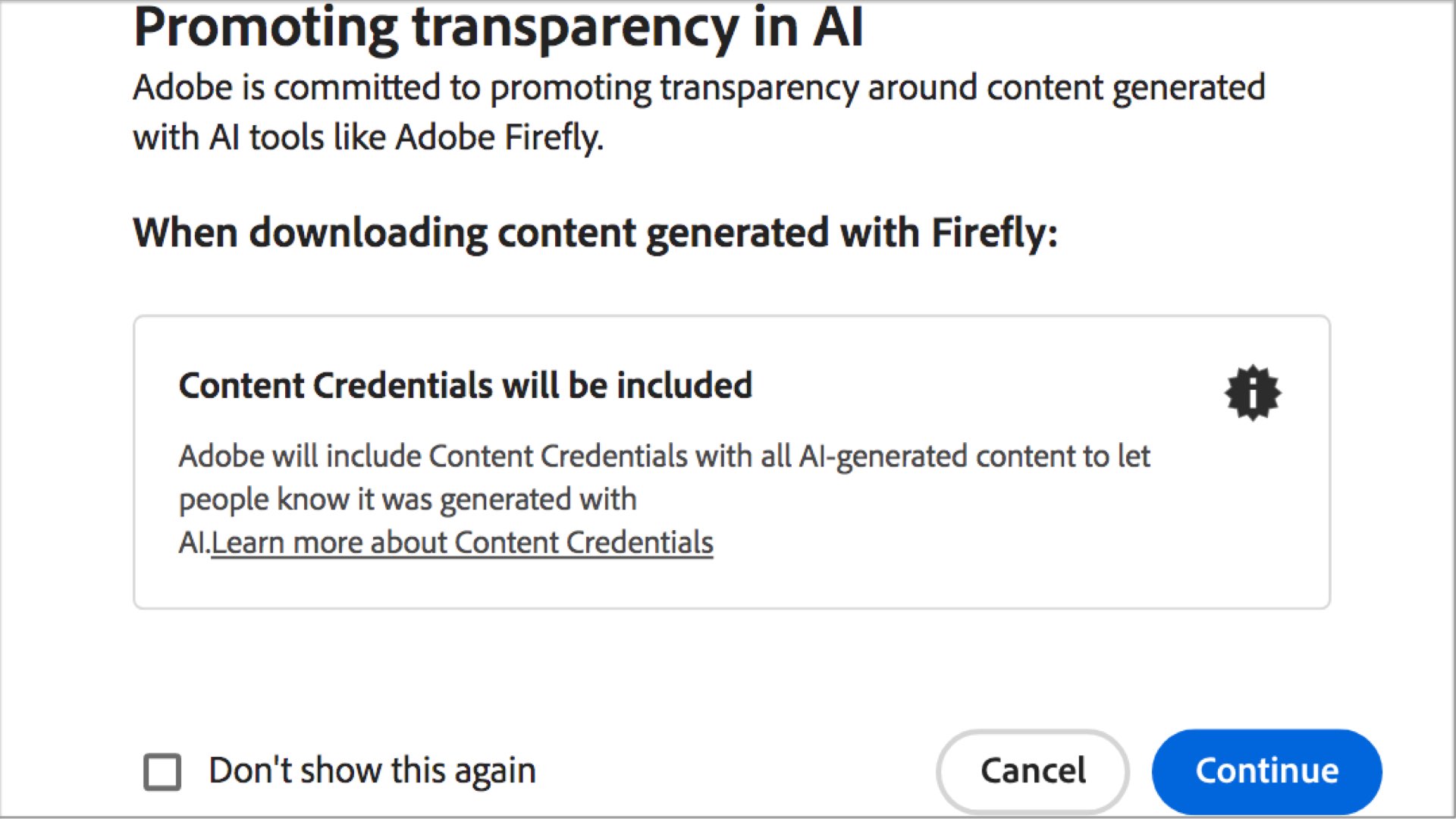
However, when downloading the generated image, the Firefly stamp is shown (see images in this article), plus it says that the image is not for commercial use. Anyway, as opposed to other AI image generators (Midjourney for instance), Adobe promises to maintain proper Content Credentials. Does it mean that the artists are getting paid? Again, it’s a good question with no definite answer. Regardless, in a very interesting interview with Micael Cioni, who was the Senior Director of Global Innovation at Adobe, the sad side of the story is discussed, beyond the dangerous aspects of AI. Here are a few insights on the ‘Inevitable’ future of AI filmmaking.
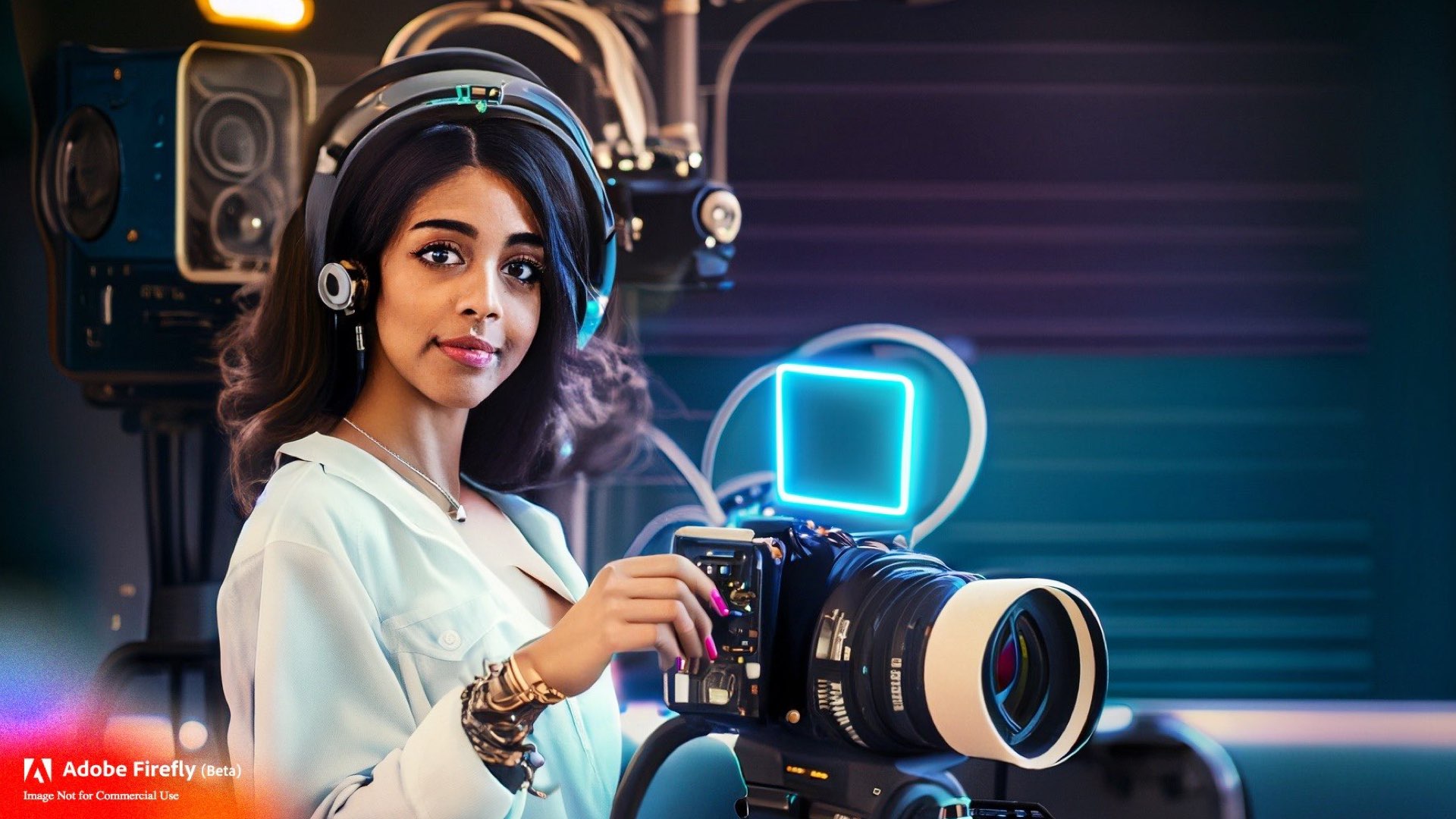
Don’t shoot it. Generate it!
According to Cioni, who is a fan of Moore’s law and new technologies and trends (compression, high resolution, HDR, and Record-Cloud-Editing facilitation), AI filmmaking is inevitable. Thus, content creators must be prepared for it, rather than fighting it. Coini says that an enormous percentage of imagery today that is being recorded for productions, is going to go down dramatically, as most of the objects will be AI-generated, rather than shot on camera. That’s for narrative content, and not for news gathering since AI imagery generators must be trained first in order to present content. Hence, the mantra for narrative filmmakers would be: Don’t shoot it. Generate it! Therefore, in the future filmmakers, cinematographers, and everyone who will continue to create content, has to accept and reconcile themselves regarding the fact(?) that AI generators will take over conventional video creation. Here’s a thought: Locations’ original footage can be replaced by trained AI imagery. And not just locations, but actors, their appearance, makeup, and decoration on set. Everything can be replaced by an AI generator, instead of being shot from scratch by expensive cinema cameras, that demand even more expensive highly trained operators.
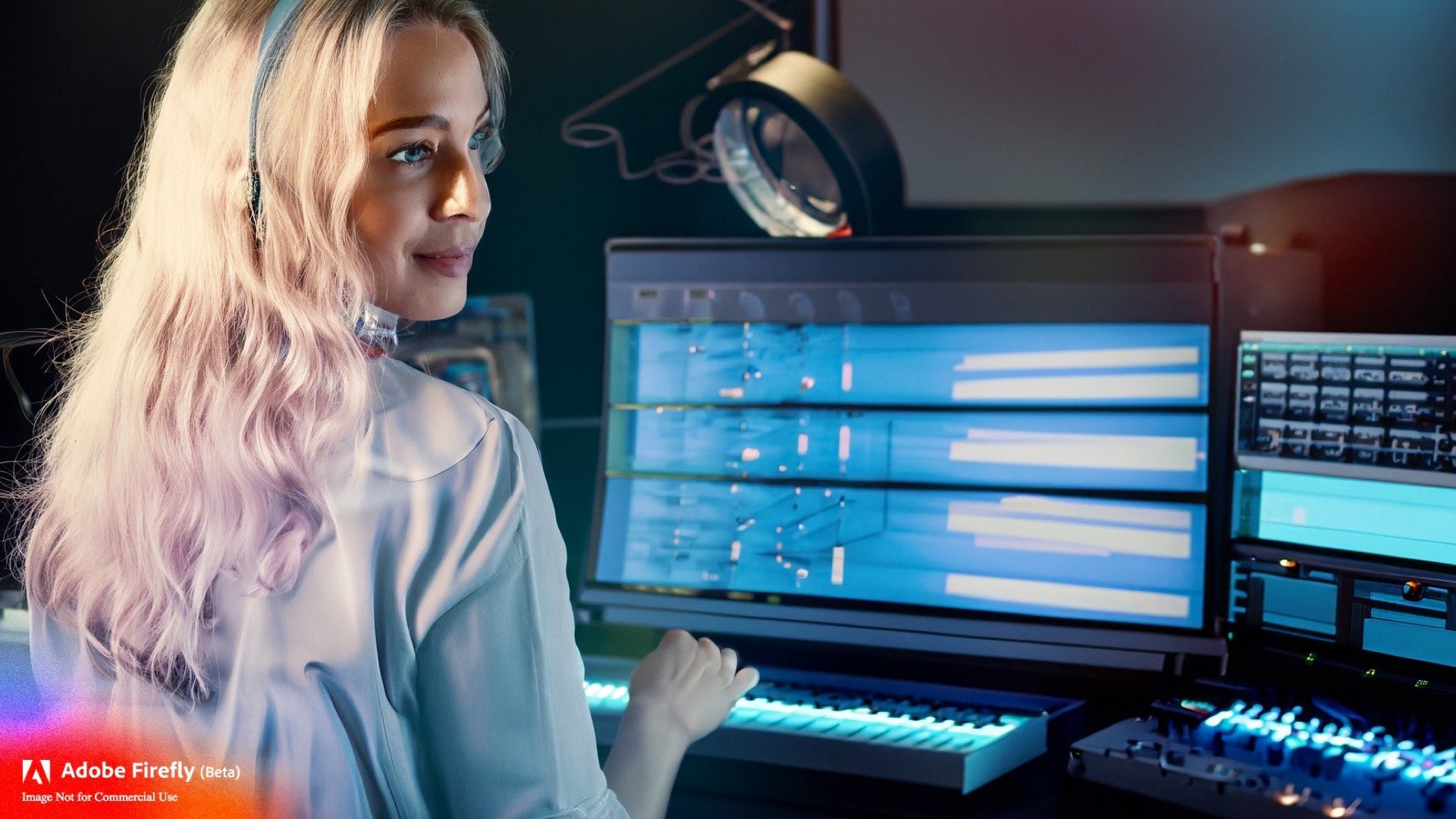
Computational editing
Moreover, according to Cioni, computational editing will replace creative (conventional) editing. If so, after generating the footage with the help of AI (without the need for cinematographers), then the output will be digested by computational editing, instead of being edited by professional (and expansive) editors on a complicated NLE. The story will be built via a prompt and text description from production to post, and the creation process as we know it will fade out. Watch the full interview below:
A pessimistic summary
If you allow us, let’s state the one and only (but very much important) comment of this video: “Umm that’s the single most depressing thing ever to pretend Adobe telling everyone that their jobs will go from shooting with cameras and doing the thing they’ve put their 10,000 hrs into to generating with AI is akin to the transition from film to digital is laughable. This isn’t a transition from emulsion to a sensor—this is a transition from filmmaking as we know it to something entirely different. Being a naysayer of digital cameras is one thing, but he’s telling us that all of the PHYSICAL labor of filmmaking will soon end and that essentially all of those people either need to become ai directors or get a new job. Truly a depressing time to be a filmmaker who isn’t interested in becoming obsolete”. Will AI transform filmmaking into obsolete?

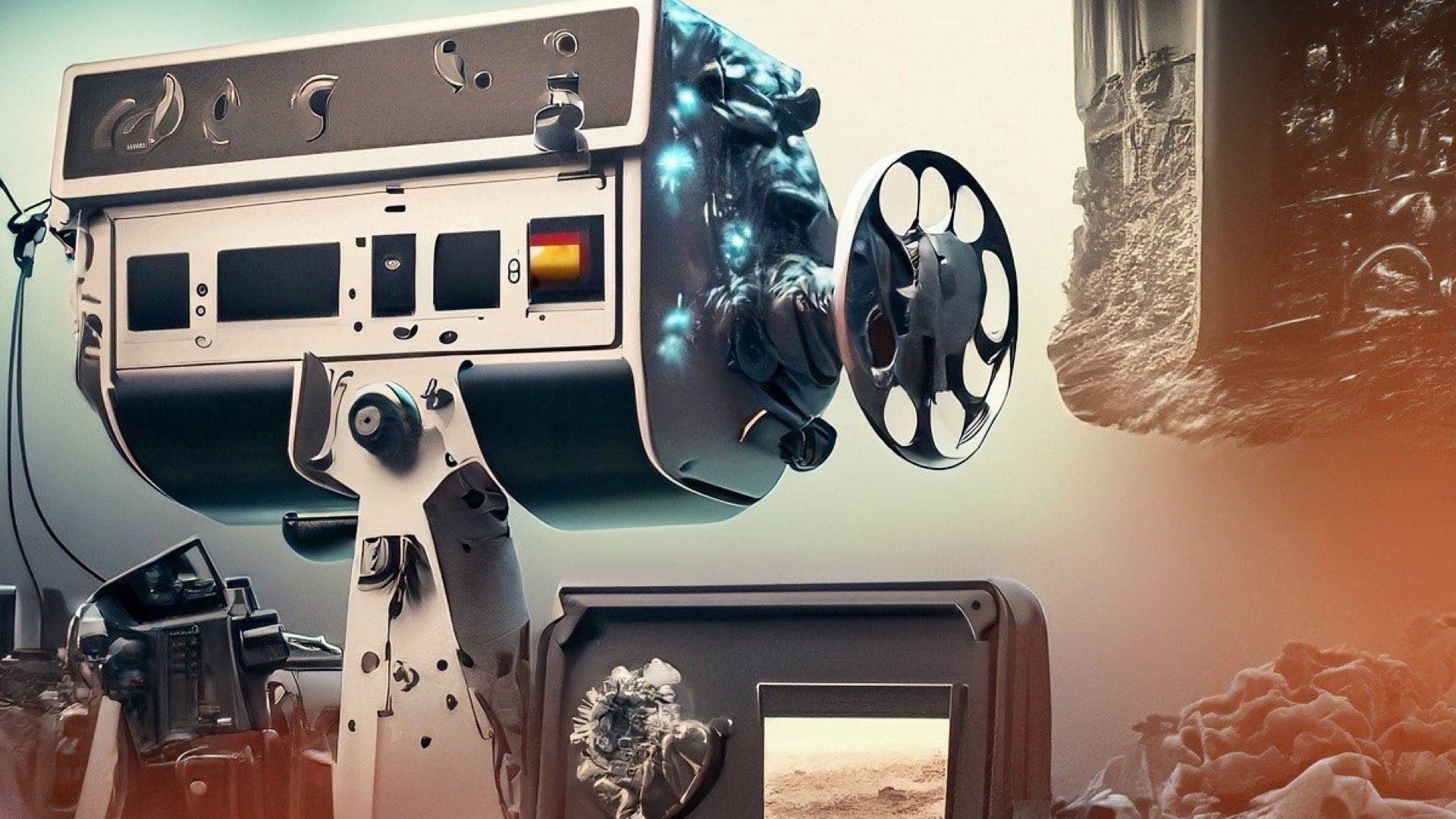
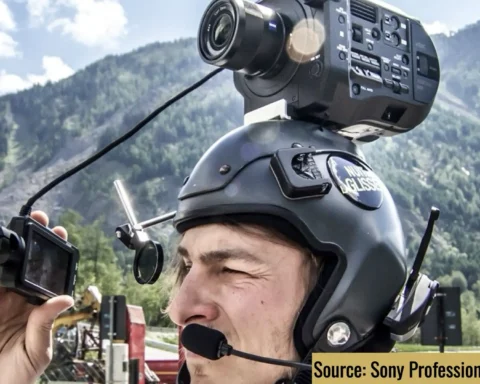



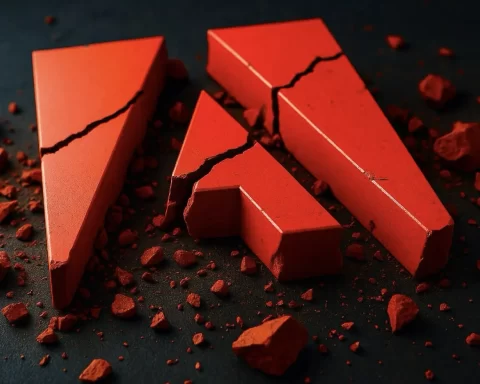
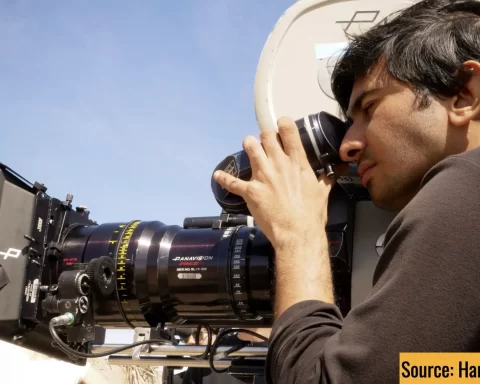
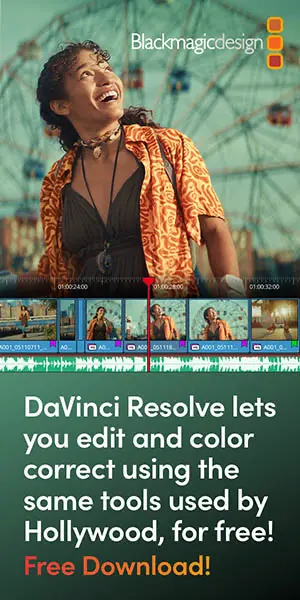
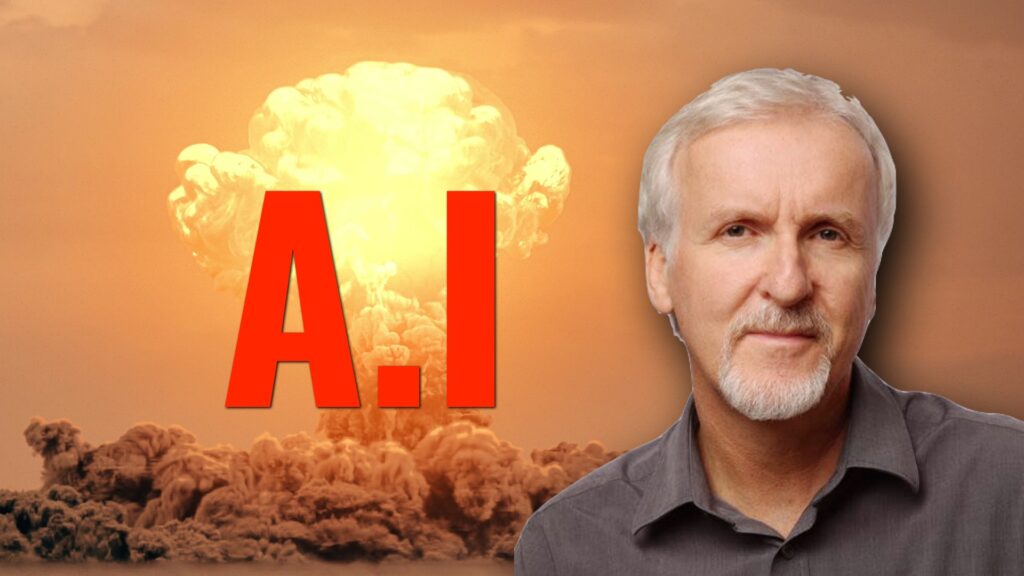
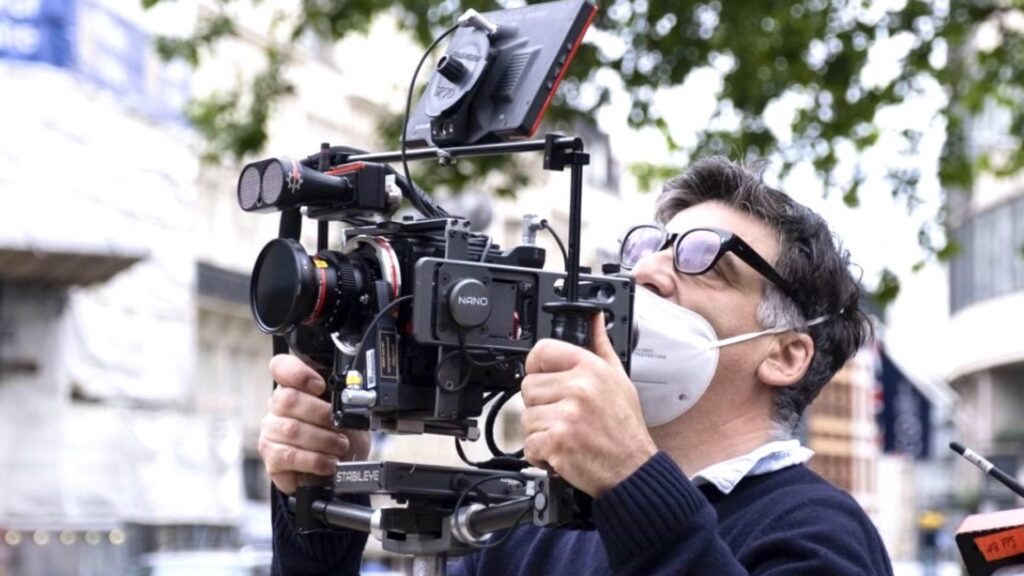
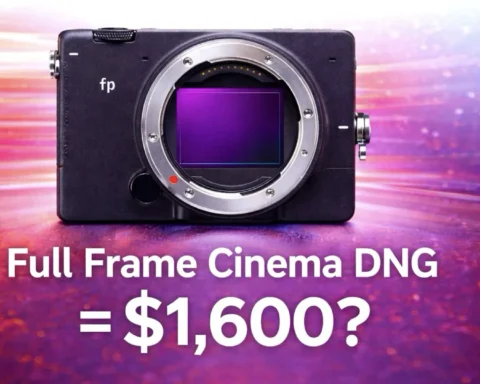
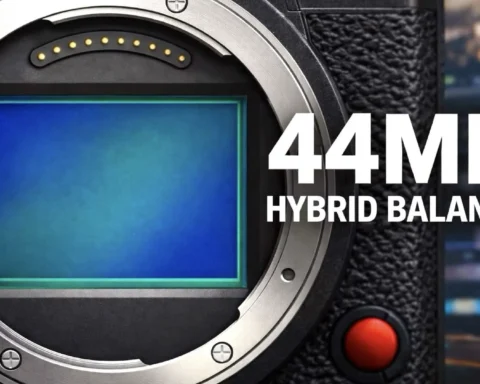
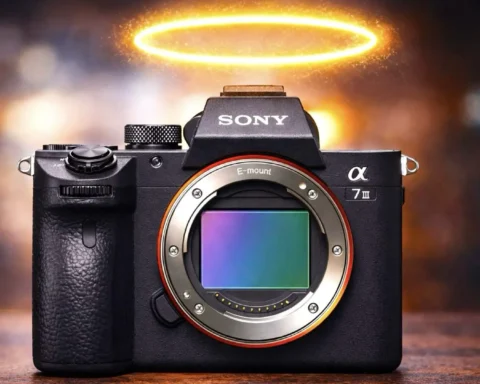
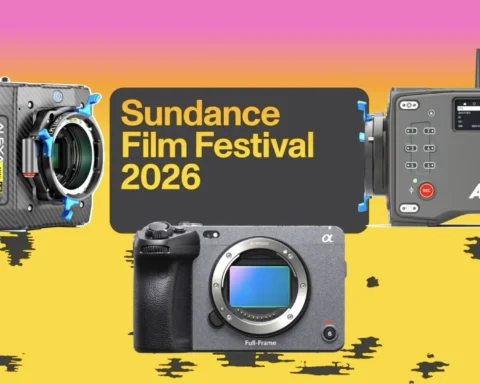
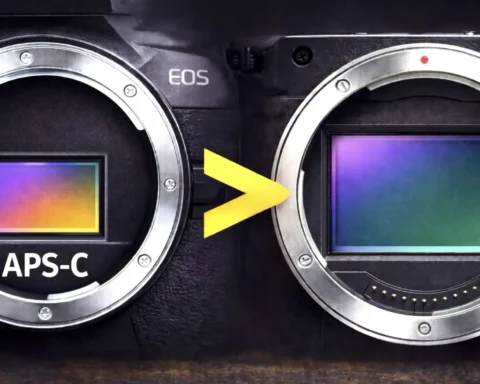
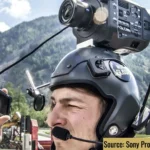

How disgusting… Beyond the discussion as it pertains specifically to “AI” and “filmmaking,” we really all would have been better off without computers, the Internet, cell phones, or any of the rest of this “convenient” technology that was supposed to improve our lives. It’s done the exact opposite, even though most people fail to realize it. People need to start rejecting this garbage before it’s too late, and get back to what’s real—literally. Back to the discussion of “filmmaking,” ever since most “films” stopped being shot on film—and thus really can’t even be called “films” anymore, in my opinion—and certainly since they stopped being printed and projected on film theatrically, I have almost completely lost interest in today’s “films” altogether. They don’t look right, they don’t feel right, and they simply have no appeal, visual or otherwise. The so-called “magic of the movies” is dead as far as I’m concerned. When “AI” starts infecting everything in this world (it has already begun) I will likely entirely quit consuming any modern “films,” TV shows, or any other media. For me, this is the last straw.
Glad I’m 55. F that nonsense. Only possible upside I see that theater reclaims it’s crown.